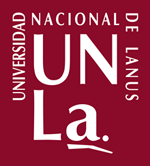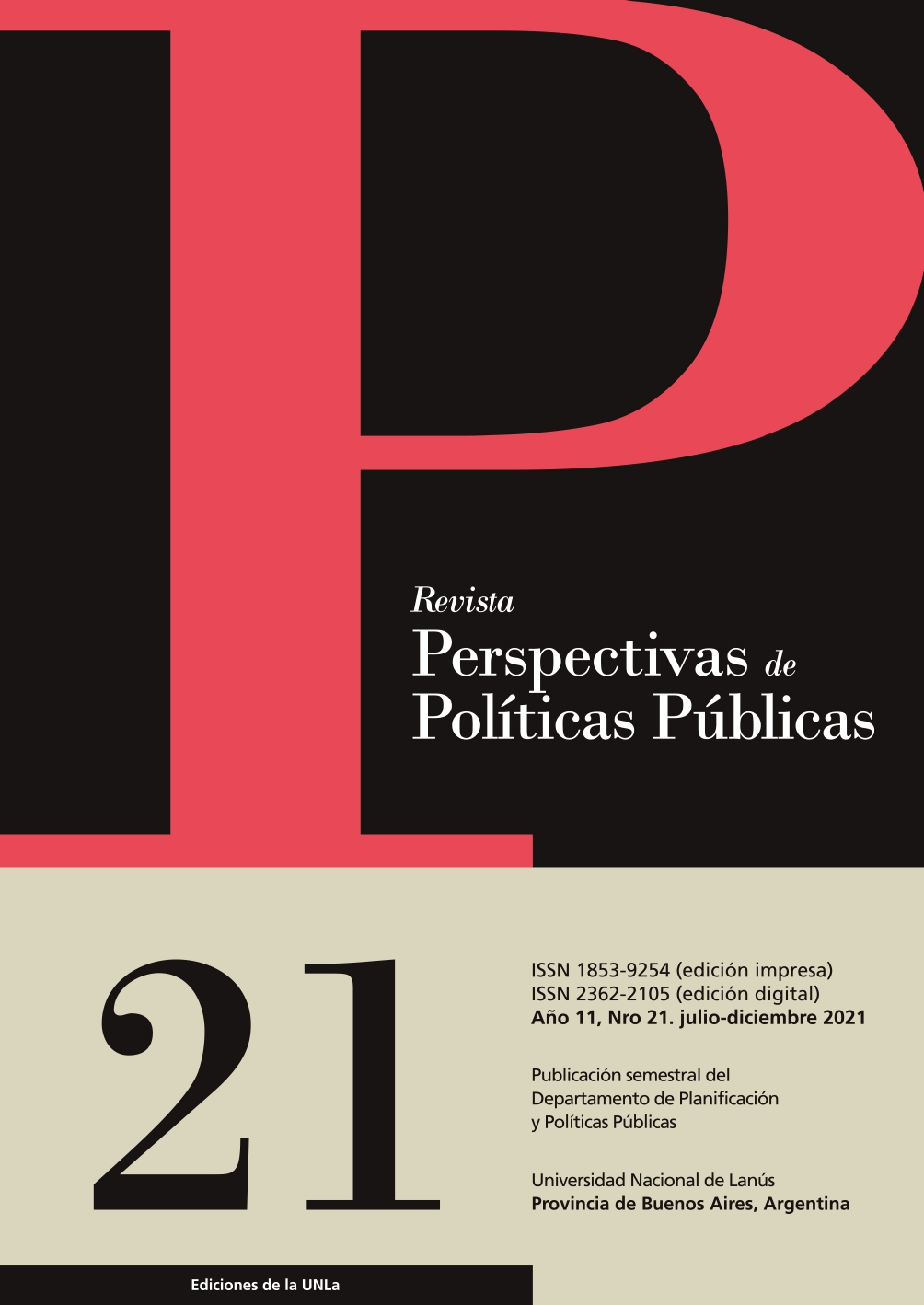The State and Social Movements: propositions to overcome a theoretical pitfall
Abstract
Classic theory on collective action approaches social movements as the major source of policy change, and the state as their antagonist. This article offers theoretical routes to overcome this shortcoming, grouping them in three sets: those that focus on initiatives for policy change inside the state apparatus; those who directly dilute the difference
between the state and movements and put emphasis on the building of policy networks, monopolies, or issue communities; and those that do not address actors but political problems around which actors gather and struggle. Finally, we sum up some proposals for the study of the mutual effects between social movements and the state are presented, together with the consequences on public policies, civil society and democracy of this relationship






